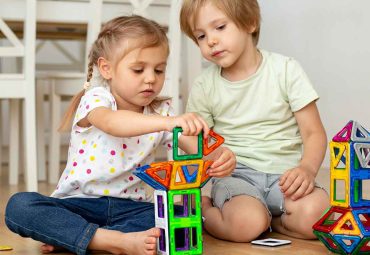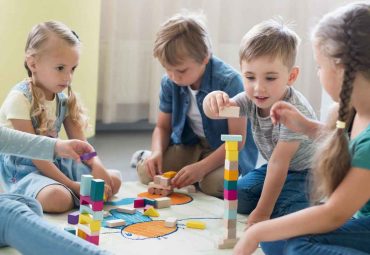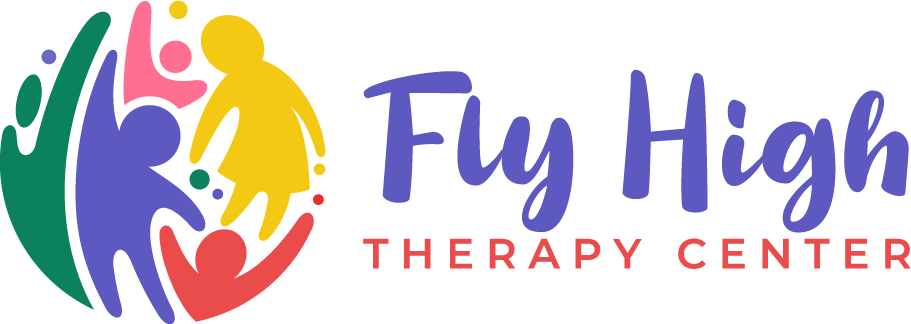Pediatric Hand Therapy
Pediatric hand therapy is a specialized form of therapy aimed at helping children recover from injuries or conditions affecting their hands and upper limbs. It focuses on improving hand strength, coordination, and fine motor skills.
The therapy includes exercises, manual techniques, and sometimes the use of splints or adaptive devices to support healing. It is designed to address the unique needs of children, helping them regain the ability to perform daily tasks like writing, buttoning clothes, and playing. Pediatric hand therapy is essential for ensuring that children can develop and maintain the skills needed for their daily activities and overall development.
- Improves hand strength and coordination in children after injury or surgery
- Focuses on improving fine motor skills through customized exercises
- May involve using splints or adaptive tools to aid recovery.
- Supports the development of essential skills for daily activities in children.


Our Specialized Therapy Approach
Our specialized therapy begins with a thorough assessment of the child’s specific needs and challenges. We create a personalized therapy plan that focuses on improving hand strength, coordination, and fine motor skills.
Our therapists use child-friendly exercises and techniques that are both effective and engaging, helping the child stay motivated throughout their recovery. We also incorporate the use of splints or adaptive devices when necessary to support healing and proper hand function. Family involvement is a key part of our approach, as we provide parents with guidance and strategies to reinforce progress at home. Our goal is to help each child regain the skills needed for daily activities and achieve their full potential
Pediatric hand therapy can treat a wide range of conditions, including fractures, congenital hand differences, tendon injuries, nerve injuries, cerebral palsy, and developmental delays affecting hand function.
Pediatric hand therapy helps by improving your child’s ability to perform everyday tasks such as writing, buttoning clothes, and playing. The therapy focuses on enhancing hand strength, coordination, and fine motor skills, which are essential for overall development and independence
The duration of therapy varies depending on the child’s condition and progress. Some children may need therapy for a few weeks, while others might require longer-term therapy to achieve their goals. Regular progress assessments help tailor the therapy plan to the child’s evolving needs.
Yes, parents and caregivers are involved. They participate in sessions and receive guidance to support the child’s progress at home, ensuring consistent improvement.

